Fifteen days after the dastardly Pahalgam attack, in which 26 people were killed after being religiously profiled, Bharat has responded with striking terror targets in Pakistan and Pakistan-occupied Kashmir (PoK) under Operation Sindoor.
Bharat precisely targeted infrastructure in Pakistan being used by terror outfits such as Lashkar-e-Taiba (LeT) and Jaish-e-Mohammed (JeM) for training terrorists and as hideouts. One of the major targets was the LeT headquarters in Muridke, a town near Lahore in Pakistan’s Punjab province.
“Our actions have been focused, measured and non-escalatory in nature,” the government said in a released document. “No Pakistani military facilities have been targeted.”
On the face of it, the April 22 Pahalgam attack appears to be a typical Pakistani plot to keep Bharat bleeding and boiling. The timing seems appropriate too. The military under Gen Asim Munir has been on the back foot, given the challenge it, as an institution, has received from Imran Khan, who continues to remain the most popular Pakistani despite being in jail.
To make things worse, the condition in Balochistan is worsening by the day, and so is the situation in Pakistan’s wild tribal west. Since nothing unites a divided Pakistan better than Bharat, Pahalgam fits in Islamabad’s jihadi jigsaw. Gen Munir’s two-nation statement too points in that direction.
However, there has been more to Pahalgam than meets the eye, and a closer scrutiny exposes a far more sinister plot: the growing Chinese footprints in the Pakistani misadventure. It seemed as if it were Chinese hands pulling up Pakistani bullets, hoping that Bharat would react in a jiffy — thus losing the war plot and global sympathy. Delhi, realising the Chinese subversion, took the slow path to retaliation, avoiding the civilian and military installations and instead focusing on hardcore jihadi centres.
This explains why after two weeks of no kinetic action against Pakistan, except, of course, the suspension of the 1960 Indus Water Treaty, Bharat’s response has been “focused, measured and non-escalatory in nature”. By confining the attack to terror centres in Pakistan and PoK, Delhi has thrown the escalatory ball back in Islamabad’s court. If the generals of Rawalpindi retaliate, they would be accused of pushing the escalatory button, and if they don’t, the Pakistan Army would further lose its sagging reputation.
The long-term warfare also makes sense for Bharat when its adversary has fewer economic resources and limited military wherewithal to take on its eastern neighbour. The longer the war continues, the weaker Pakistan gets. Another reason to go slow could be the supposed affinity of the Pakistan Air Force with Rafale. After all, in the recently held multinational air wargames Victory Spear 2025 in Saudi Arabia, Pakistan’s JF-17 Block-III had trained with France-made Rafale jets.
Be that as it may, Bharat, by not rushing with the kinetic action and then confining the attack to terror centres, has kind of checked the Chinese plot. In any way, Pakistan over the decades has confined itself to being a Chinese colony, badly stuck as it is in Beijing’s never-ending debt trap. Islamabad’s external debt to China alone accounts for 22 per cent of its total external debt. With Pakistan’s total public debt at 74.3 per cent of the country’s GDP, Beijing’s economic control over Islamabad is absolute.
To add to it, China Beijing is also Pakistan’s largest arms supplier. Between 2010 and 2019, it supplied 70 per cent of Pakistan’s arms imports, worth over $5 billion. And between 2017 and 2021, 47 per cent of China’s total global arms exports went to Pakistan. Given Pakistan’s jihadi nature, it’s obvious that sooner than later these military devices will find their way to terrorists. An intelligence report last year said that Pakistan-based terrorist outfits such as Jaish-e-Mohammed and Lashkar-e-Taiba were using Chinese weapons and equipment.
The Chinese plot thickens when one listens to the recent statement by the Chinese Ambassador to Pakistan, Jiang Zaidong, who, after meeting President Asif Ali Zardari, reaffirmed the “enduring” and “time-tested friendship” between the two countries, describing the relationship as one of “ironclad brothers” who have always supported each other in challenging times.
There is a dominant thinking in Xi Jinping’s China that Bharat’s rise has to be challenged and stopped. If this is not done immediately, it might be too late. What further rankles the Chinese leadership is the emergence of Donald Trump in America openly challenging the Chinese worldview. The Xi administration is watching with great unease the coming together of Modi’s Bharat and Trump’s America. China believes that its global ambition will be imperilled if the two powers come together.
This distrust for Trump and Modi is also pushing Europe closer to China. Europe has traditionally been anti-Russia and is equally uneasy with Bharat’s rise. And now with Trump’s willingness to shift the American pivot eastward towards Asia and also engage with Putin, he has majorly upset the Western European powers that just can’t fathom the idea of losing their position at the high global diplomatic table.
The statement by the EU’s top diplomat, Kaja Kallas, urging Bharat and Pakistan “to show restraint and pursue dialogue to ease the situation”, adding, “Escalation helps no one”, should be seen in this light. The statement shows the EU’s double standards, especially when it is willing to show no such restraint on the Ukraine issue. In fact, Kallas herself is on record seeking a strong action against Russia: “I hope Europe learnt that appeasement only strengthens the aggressor. The aggressor will never stop unless he is stopped,” she said.
Then, of course, there is Turkey, ever eager to take up the mantle of the Caliphate of the Islamic world. It has already made a few discordant voices against Bharat. Delhi will have to consider deadly drones and a few other military equipment from Turkey falling into Pakistani hands.
It’s, however, America that poses the biggest dilemma for Bharat. As the saying goes, “To be an enemy of the US is dangerous, but to be a friend is fatal.” Trump is trying to change this American characteristic. Here, it needs to be understood that if Bharat needs the US to check the sinister Chinese design, the Americans too cannot defeat Beijing without Delhi. (Trump also needs to mend America’s ties with Russia, for Putin can be a long-term ally.) China, in fact, is the biggest stumbling block to Pax Americana, and it can be stopped by the US only in the company of Bharat. The US-led world order can withstand the Chinese assault only when Bharat is there, strong and assertive. If the US lets Bharat down after the Pahalgam attack, it would, in the long term, be harming its own cause.
Bharat has done well to see Pahalgam not just through the prism of Pakistan but as the result of a sinister plan made by a coalition of nations led by China, supported by Turkey, and given covering fire by the Western European nations. America, too, needs to wake up to this emerging challenge. Bharat may be the first major stop for Xi Jinping’s China, but America will be the final frontier. There is no hope for America without the rise of Bharat.
Views expressed in the above piece are personal and solely those of the author. They do not necessarily reflect Firstpost’s views.


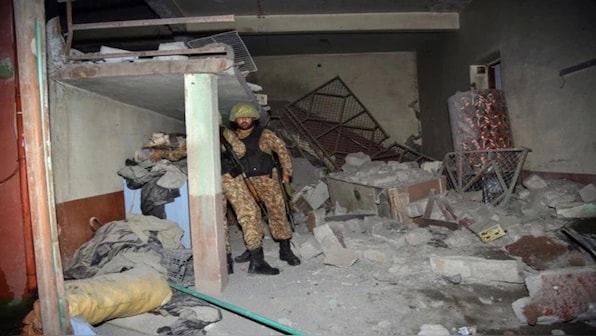)
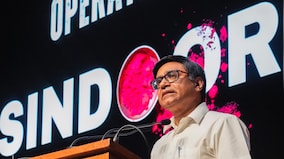)
)
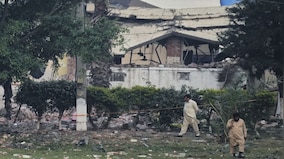)
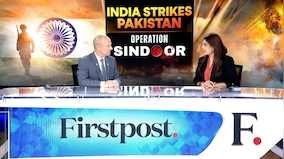)
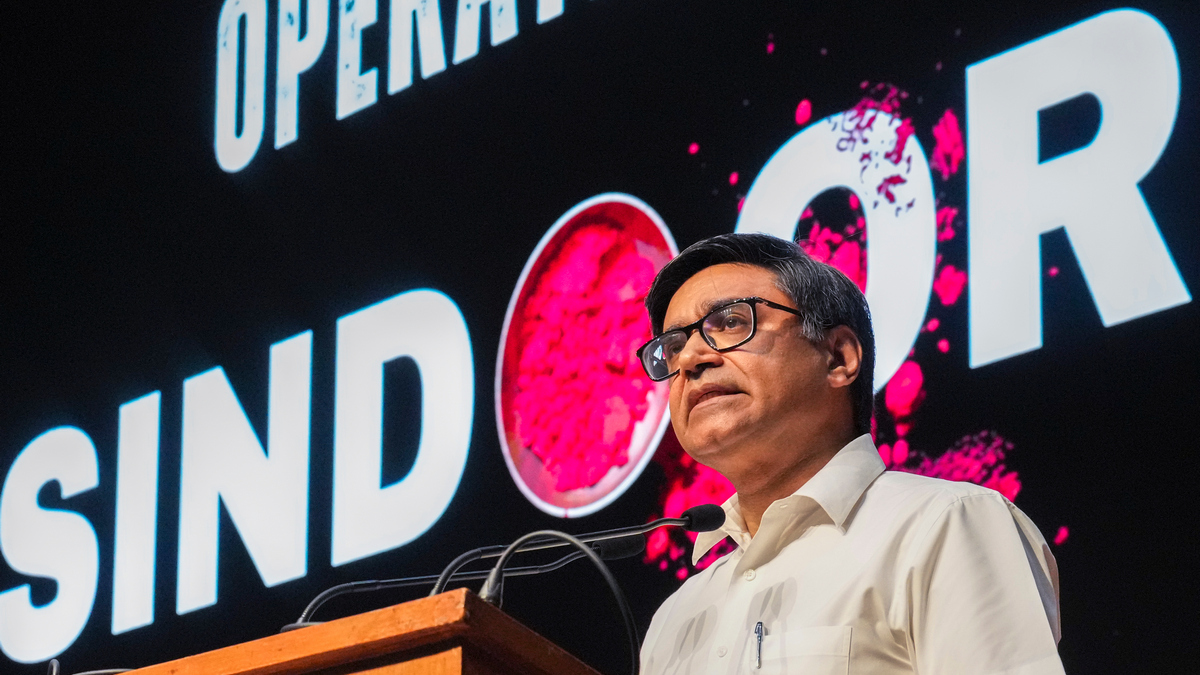)
)
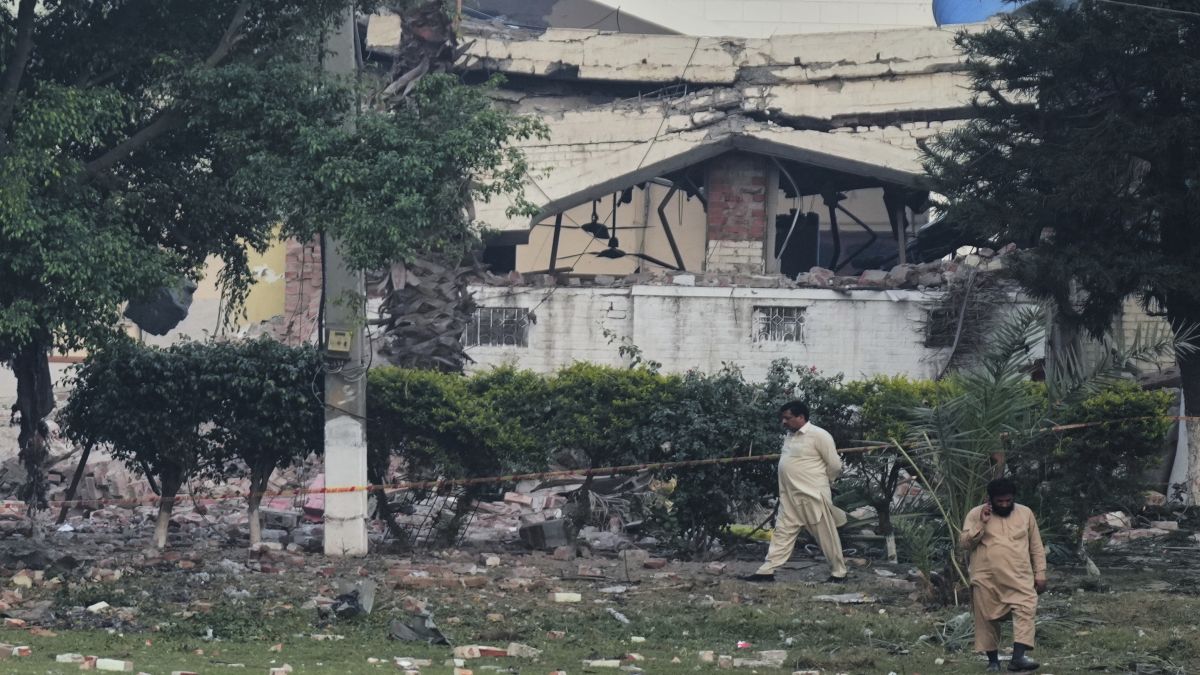)
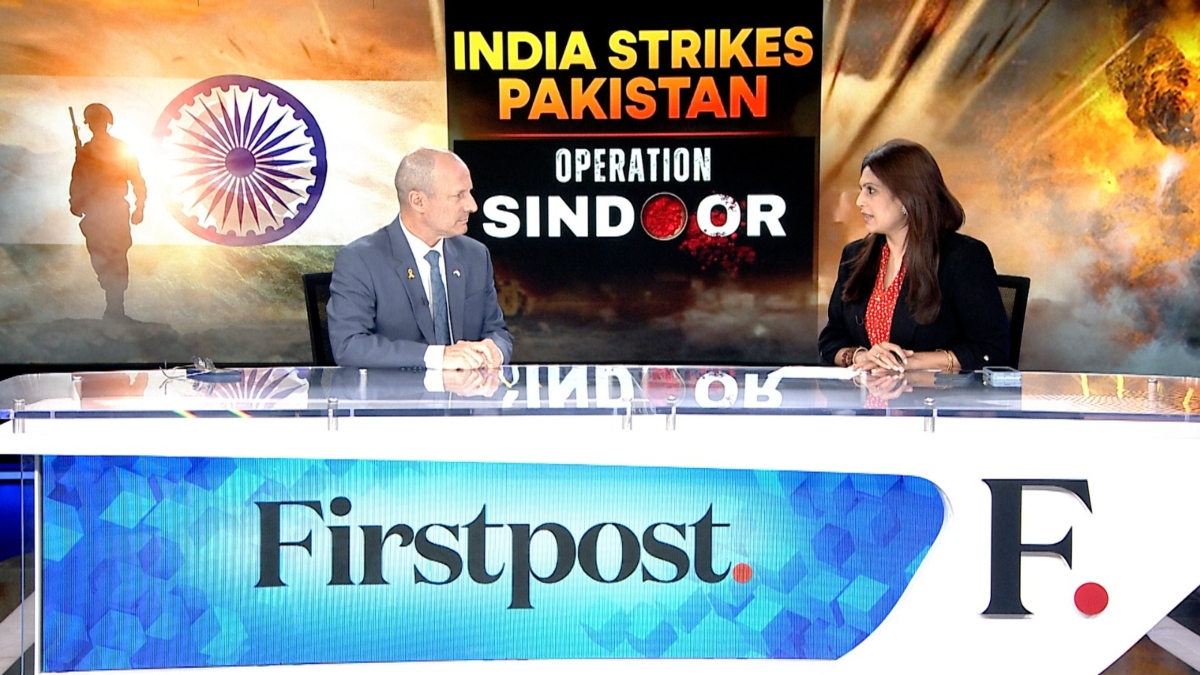)